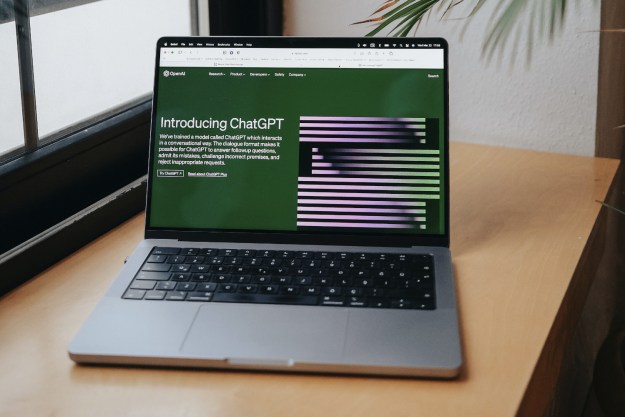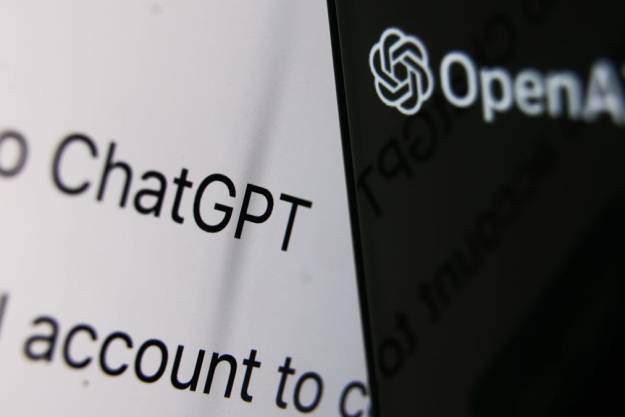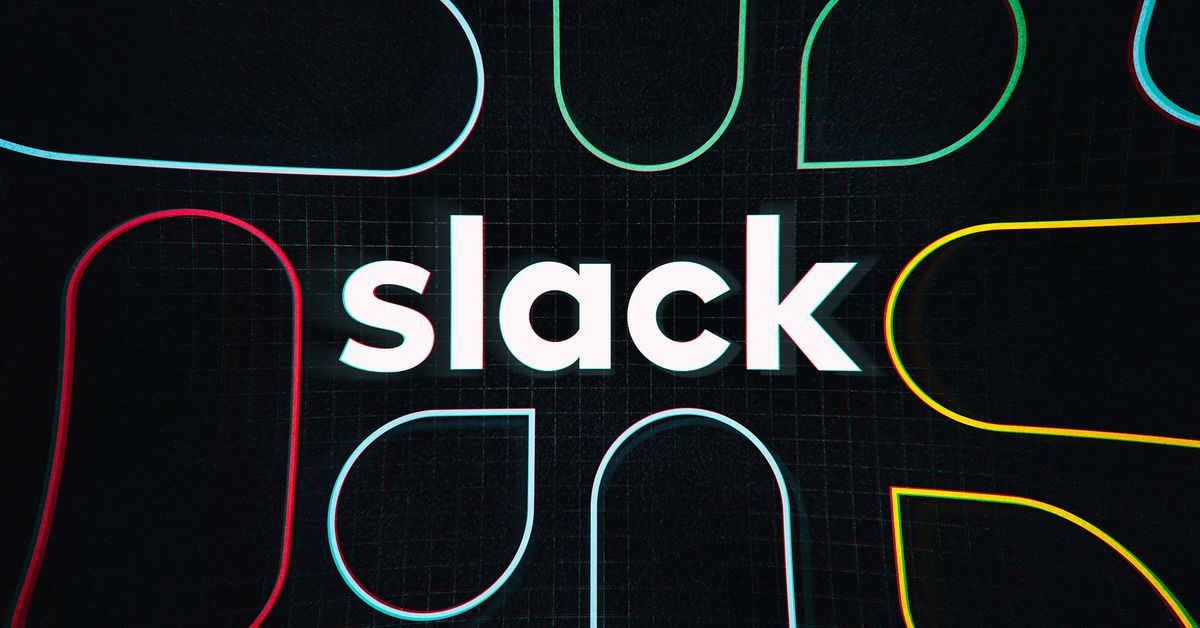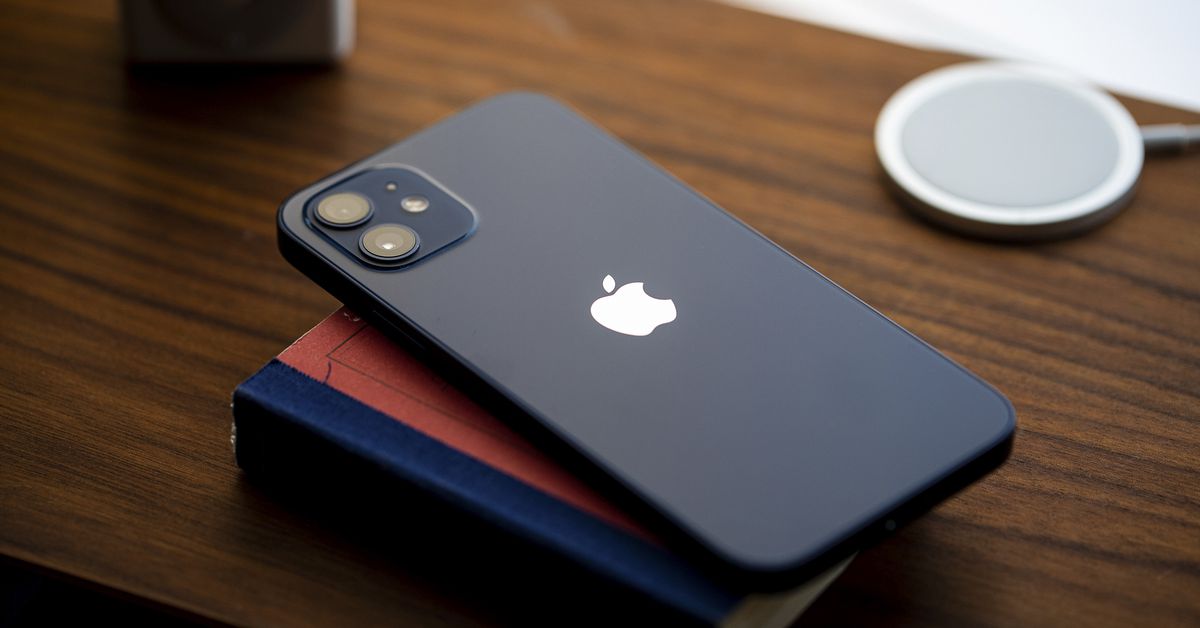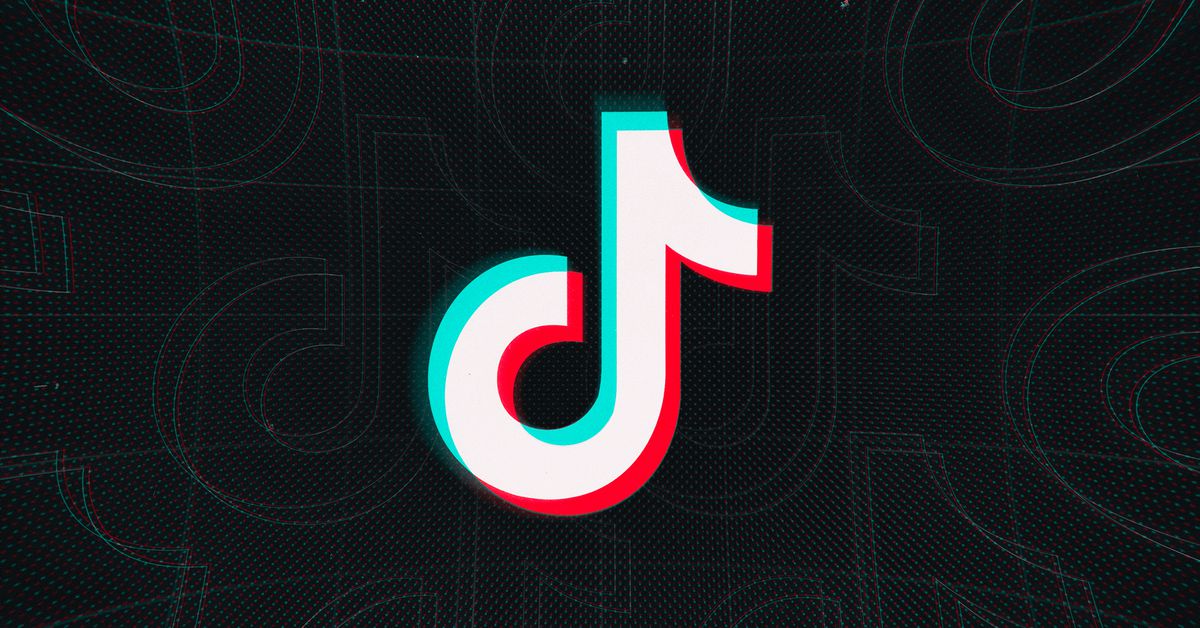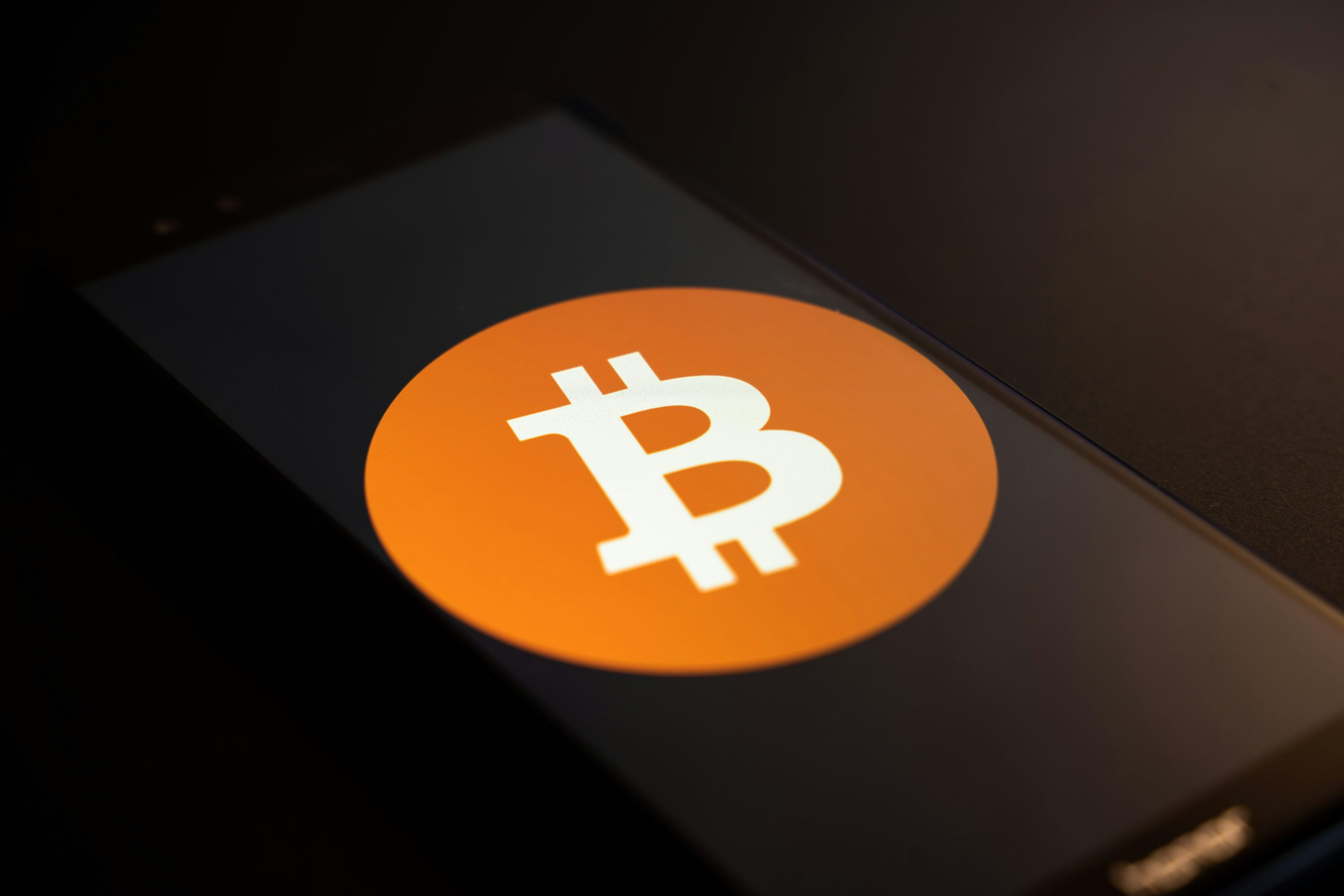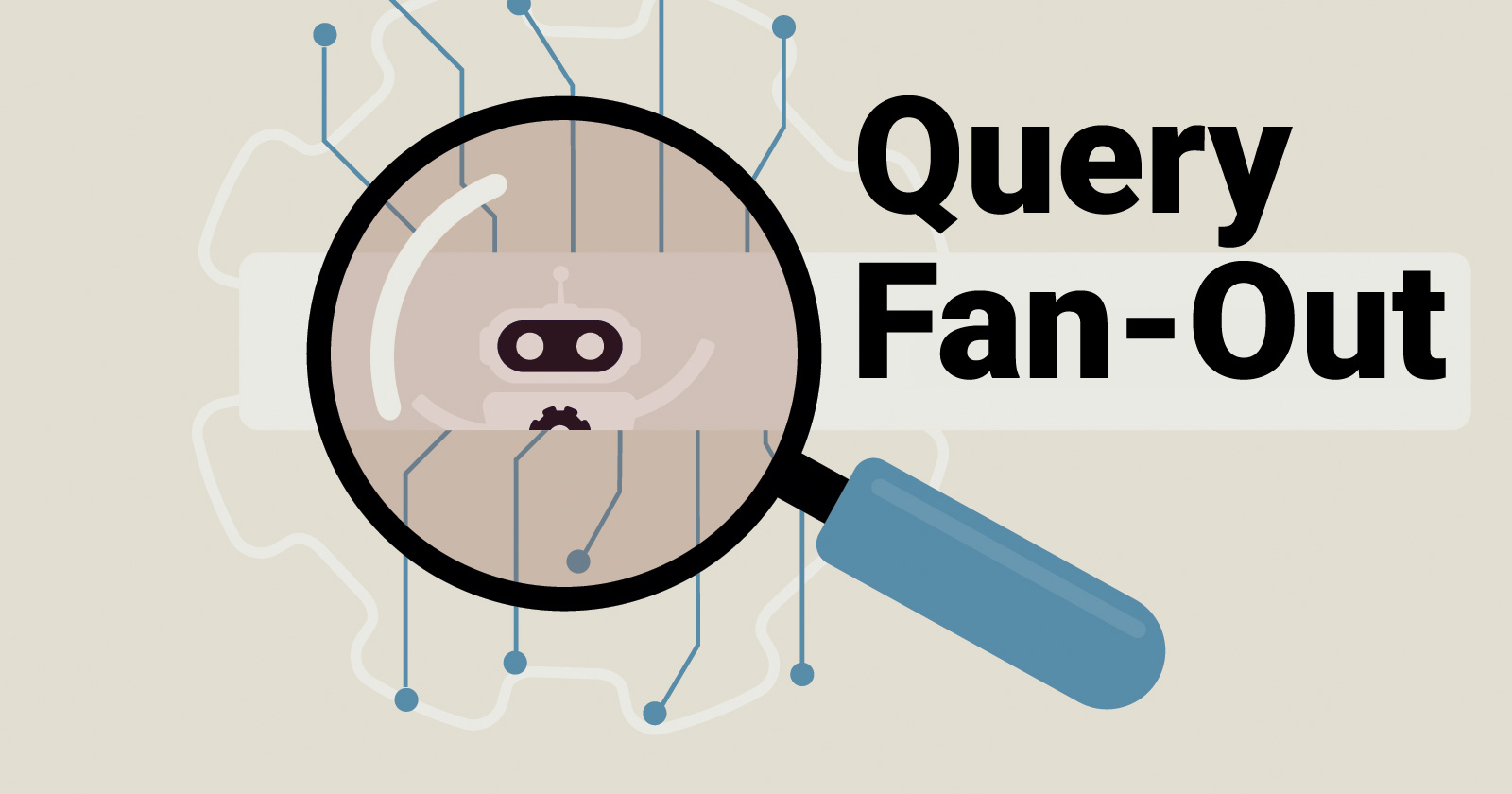Stop using generative-AI tools such as ChatGPT, Samsung orders staff
Samsung has reportedly told staff to stop using generative-AI tools such as ChatGPT and Bard over concerns that they pose a security risk.
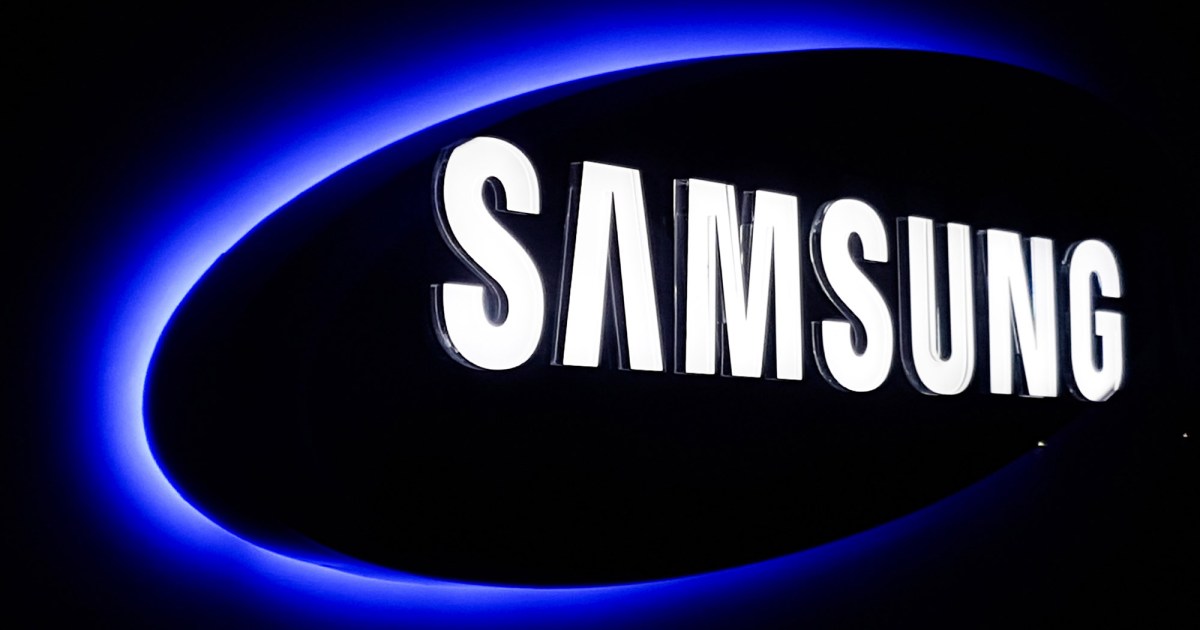
Digital Trends may earn a commission when you buy through links on our site. Why trust us?
Samsung has told staff to stop using generative AI tools such as ChatGPT and Bard over concerns that they pose a security risk, Bloomberg reported on Monday.
The move follows a string of embarrassing slip-ups last month when Samsung employees reportedly fed sensitive semiconductor-related data into ChatGPT on three occasions.
ChatGPT, like other generative-AI tools, is partly trained on submitted data, so anything Samsung feeds into it could turn up in a response to an inquiry made by another user anywhere in the world, though ChatGPT developer OpenAI recently added an incognito mode that allows users to block their inputs from being used for AI model training. OpenAI itself can also see the data as it reviews conversations to improve its systems and to ensure the content complies with its policies and safety requirements.
In a memo seen by Bloomberg, Samsung ordered staff to refrain from using the technology on company-owned computers, tablets, and phones, as well as on its internal networks, warning that data transmitted to generative AI platforms could end up finding its way to people outside the company.
“Interest in generative AI platforms such as ChatGPT has been growing internally and externally,” Samsung’s memo said. “While this interest focuses on the usefulness and efficiency of these platforms, there are also growing concerns about security risks presented by generative AI.”
It added that workers who fail to follow the security guidelines could face disciplinary action “up to and including termination of employment.”
The memo said that Samsung is currently “reviewing security measures to create a secure environment for safely using generative AI to enhance employees’ productivity and efficiency,” but said that until the measures have been agreed upon, the company is “temporarily restricting the use of generative AI.”
As part of efforts to integrate AI tools safely within its workplace, Samsung is reportedly developing its own AI platform for translation, summarizing documents, and software development.
As Bloomberg points out, Samsung is the latest major business to move against the technology over security concerns, with banks such as JPMorgan Chase & Co., Bank of America Corp., and Citigroup Inc. deciding to ban or at least restrict its use in the workplace.
Indeed, the AI technology is moving at such a fast pace that many companies have been caught out by its arrival, leaving many to hurriedly evaluate how to incorporate it — or indeed restrict it — in the work setting.
Editors' Recommendations
Microsoft has a new way to keep ChatGPT ethical, but will it work? MiniGPT-4: A free image-to-text AI tool you can try out today ChatGPT: How to use the AI chatbot that’s changing everything ChatGPT gets a private mode for secret AI chats. Here’s how to use it Nvidia’s new Guardrails tool fixes the biggest problem with AI chatbots![]()
Not so many moons ago, Trevor moved from one tea-loving island nation that drives on the left (Britain) to another (Japan)…
Even Microsoft thinks ChatGPT needs to be regulated — here’s why
Artificial intelligence (AI) chatbots have been taking the world by storm, with the capabilities of Microsoft’s ChatGPT causing wonderment and fear in almost equal measure. But in an intriguing twist, even Microsoft is now calling on governments to take action and regulate AI before things spin dangerously out of control.
The appeal was made by BSA, a trade group representing numerous business software companies, including Microsoft, Adobe, Dropbox, IBM, and Zoom. According to CNBC, the group is advocating for the US government to integrate rules governing the use of AI into national privacy legislation.
ChatGPT is great, but it really needs these 4 new features
I know, it's dumb to complain about a free service, which ChatGPT always has been. It feels especially silly for a technology that feels this new and exciting.
ChatGPT remains the best free AI chatbot out there -- and yet, having used some of its rivals, coming back to ChatGPT can feel like a bare-bones experience. Here are five simple features that could really expand the usability of ChatGPT. Some of these would also make great additions to ChatGPT Plus, if the new features need to go there first.
A drafts option
What is ChatGPT Plus? Everything we know about the premium tier
ChatGPT is completely free to use, but that doesn't mean OpenAI isn't also interested in making some money.
ChatGPT Plus is a subscription model that gives you access to a completely different service based on GPT-4, with faster speeds and more reliable access.

 Kass
Kass 